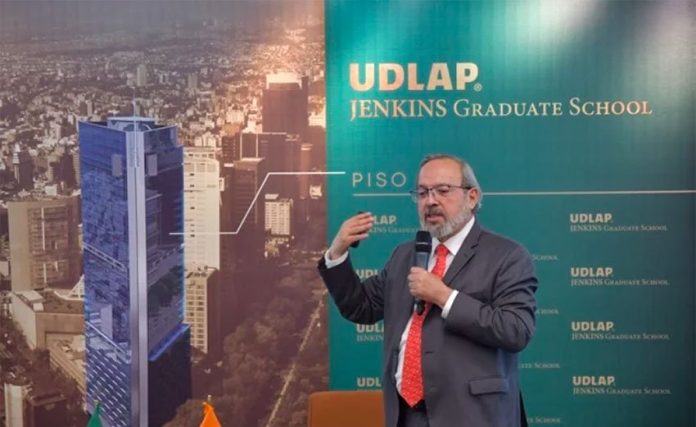The average temperature in Mexico has risen 1.2 C over the last 30 years, according to a professor of hydraulic engineering, who believes Mexico should reconsider its policies regarding climate change.
Polioptro Martínez Austria, a professor at the University of the Americas in Puebla (UDLAP), told a conference on climate change that in some cities, such as Mexicali, Baja California, and Ciudad Obregón, Sonora, the increase in temperature has been three times higher.
Heat waves have also become longer, more frequent and more intense, Martínez said, lasting up to 20 days and pushing temperatures over 40 C.
Rising temperatures and heat waves have contributed to an increase in climate-related mortality in Mexico, which Martínez says sets the country apart from much of the rest of the world.
“While in the rest of the world the number of deaths because of natural disasters is decreasing, it is increasing in Mexico,” said Martínez. “We’re doing something wrong, and the cost of disasters is going up.”
Martínez suggested that the high levels of air pollution in Mexico City over the past few weeks are related to climate change.
“The emergency has already started,” he said. “What happened in Mexico City should be a wakeup call.”
Martínez noted that rising temperatures are mostly the result of greenhouse gas emissions. China and the United States are responsible for 27% of global greenhouse gas emissions, while Mexico is responsible for 1.5%.
He criticized the decision by President López Obrador to pursue policies that would increase greenhouse gas emissions, such as the construction of a new oil refinery.
“When I hear the president of this country say that we are going to generate carbon again, that worries us, as researchers,” he said. “It’s not about political support, but as a scientist, I can say it is an error.”
Source: El Economista (sp), Periódico Zócalo (sp)
